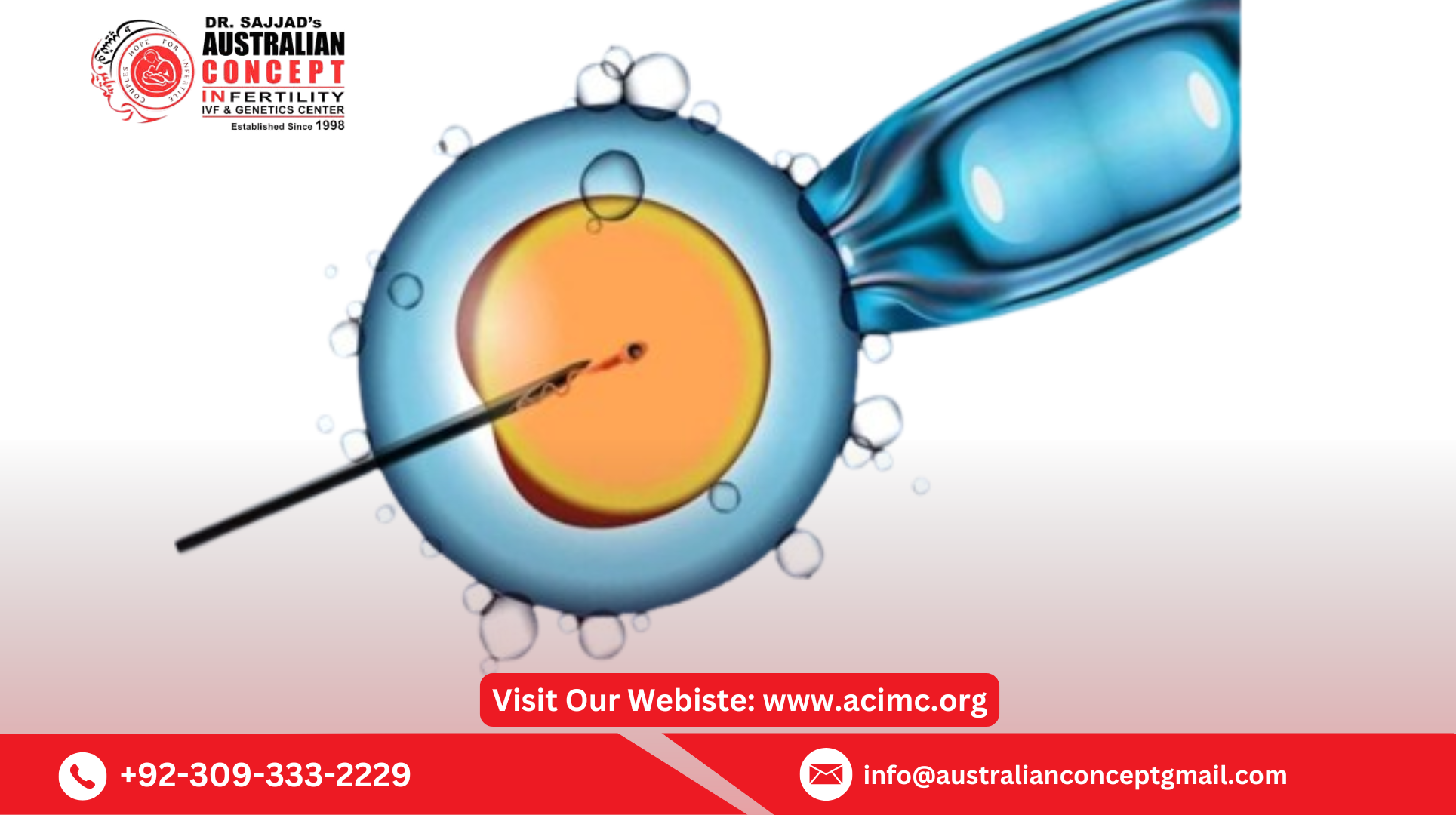What happens after the ICSI embryo transfer

Intracytoplasmic Sperm Injection (ICSI) is a specialized form of IVF used to treat severe male infertility or fertilization problems. After the complex steps of egg retrieval, sperm injection, and embryo development, the final and most anticipated phase is embryo transfer.
What is ICSI Embryo Transfer?
ICSI is a lab procedure where a single sperm is directly injected into an egg. Once fertilization is confirmed, the embryo is cultured for 3 to 5 days before being placed into the uterus. This process is called embryo transfer, and it marks the beginning of the two-week wait (2WW) the crucial time between transfer and pregnancy test.
What Happens Immediately After ICSI Embryo Transfer?
Once the embryo is placed in the uterus, it begins its journey to implantation. Here's what happens biologically over the next several days:
Day 1-3:
The embryo is free-floating in the uterus. It continues to grow and develop, preparing for attachment.
Day 4-5:
Implantation usually begins. The embryo attaches itself to the uterine lining and starts releasing hCG (human chorionic gonadotropin), the pregnancy hormone.
Day 6-10:
Implantation is complete. The embryo is now embedded in the endometrium. Some women may experience light spotting (implantation bleeding).
Day 11-14:
If implantation is successful, the hCG hormone increases, and a pregnancy test can detect it.
Common Symptoms After ICSI Embryo Transfer
Symptoms vary for every woman. Some may feel nothing at all, while others notice subtle changes, which can be caused by hormone medications, not necessarily pregnancy.
-
Mild cramping or bloating
-
Breast tenderness
-
Fatigue
-
Light spotting
-
Mild abdominal pressure
-
Emotional changes or mood swings
These signs aren’t definitive — they could be early pregnancy symptoms or side effects of progesterone supplements.
Things to Do After ICSI Embryo Transfer
Taking care of your physical and emotional health can support the chances of implantation. Here’s what to focus on:
Follow Your Medication Schedule
Continue taking all prescribed hormone medications, including progesterone, as directed by your fertility doctor.
Rest, But Stay Mobile
Light activity is recommended. Complete bed rest is not necessary unless your doctor advises it.
Eat a Balanced Diet
Consume nutritious foods rich in folic acid, protein, and hydration. Avoid processed or high-sugar foods.
Stay Calm and Positive
Try to reduce stress with meditation, reading, or light walks. Emotional peace is important during this period.
Things to Avoid After ICSI Embryo Transfer
Certain activities or habits may affect implantation and should be avoided:
Avoid Heavy Lifting and Intense Exercise
Strenuous workouts and lifting heavy objects can increase abdominal pressure.
No Alcohol or Smoking
Both can harm embryo development and lower success rates.
Avoid Hot Baths or Saunas
Excessive heat can interfere with implantation.
Don’t Take a Pregnancy Test Too Early
Testing before 10–14 days can give false results due to hormone medications.
When to Take a Pregnancy Test?
The best time to take a pregnancy test is around Day 12 to 14 after embryo transfer. A blood test (Beta hCG) is more accurate than a urine test and can confirm whether implantation was successful.
What If You Don't Feel Any Symptoms?
Don’t worry! Many women who have successful pregnancies report no symptoms at all during the two-week wait. The absence of signs doesn’t mean the procedure failed.
Emotional Support During the Waiting Period
The days after an ICSI embryo transfer are filled with hope, anxiety, and often emotional stress. Couples are encouraged to:
-
Stay in touch with their fertility team
-
Avoid comparing symptoms with others
-
Focus on self-care and open communication
-
Seek counseling or join support groups if needed
Final Thoughts
Understanding what happens after the ICSI Treament embryo transfer can help you manage expectations and make informed choices. While it's natural to feel anxious, remember that each journey is unique. Follow your doctor’s guidance, stay positive, and trust your body’s process.
- Art
- Causes
- Crafts
- Dance
- Drinks
- Film
- Fitness
- Food
- Jogos
- Gardening
- Health
- Início
- Literature
- Music
- Networking
- Outro
- Party
- Religion
- Shopping
- Sports
- Theater
- Wellness
- Script
- App
